Today, we revisit what may possibly be the oldest debate in firearms: 9mm vs .40 vs .45. Which is the best choice for self-defense?
Okay, so, that may not be the oldest debate in firearms. That title may go to the debate between musket balls versus cartridges, but we’re not going into that one today.
No, we’re actually going to go into the caliber debate that we mentioned earlier, and this particular video today is great because, in addition to giving a few chuckles for his oddball humor, the YouTuber in today’s video takes the time to fire all three calibers from pistols through plywood, ballistic gel, sand, and concrete. He takes the time to check penetration and (in the ballistic gel) the size of the penetration hole as the bullet continues through what it hit.
It’s pretty interesting to watch and actually see the comparison. You can watch that video below.
Did you have any surprises when you watched the video?
Many people, I’m sure, would have thought that the penetration tunnel from the .45 would have been much larger than the other two calibers, especially the 9mm. But it wasn’t a big difference.
And maybe you thought that the .45 would have had deeper penetration in the ballistic gel due to the greater mass and more grains of powder. But not much difference between any of the calibers in penetration tunnel size or distance of penetration.
In fact, for all of the materials that were shot at in these tests, there wasn’t a huge difference in terms of what most people would think of as the factors going into stopping power to stop a threat. And if that is really the case, then, you would have to look at other factors to choose the caliber that you go with for your home defense and everyday carry.
So, which one should you go with? Obviously, that’s up to you. Some people will still default to a .45 or a .40 just because they’re comfortable with it or are used to shooting it. But others may default to 9mm due to ammunition costs, the commonality of the ammunition (in cases of ammunition shortages), less felt recoil, and higher capacity that can be carried in pistols of that caliber versus the other two.
Which one will you go with? Comment below.







![Are Compensators Worth It? [Video]](https://preparedgunowners.com/wp-content/uploads/2025/07/Depositphotos_815431992_S-218x150.jpg)

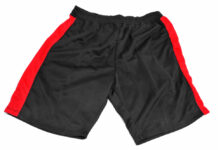
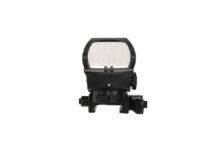

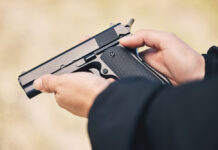

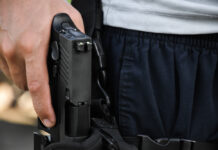
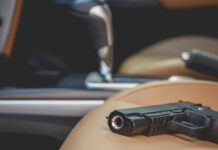
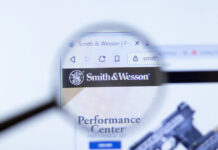
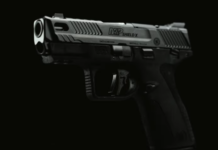
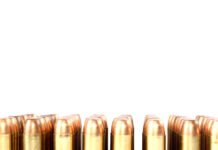
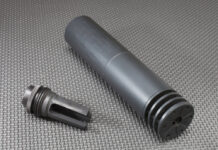
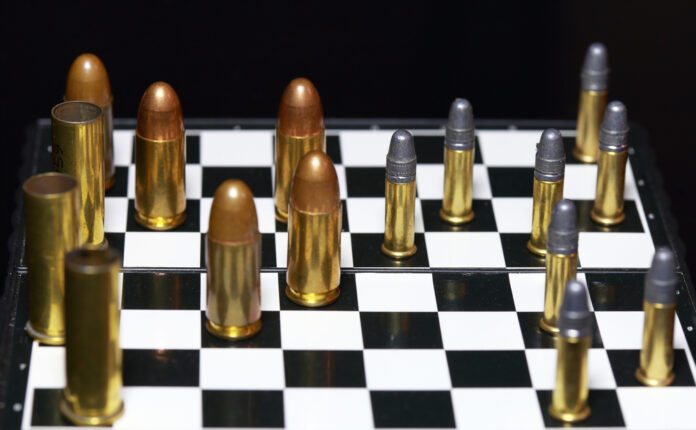

![BREAKING: Did Someone Call New Pistol The ‘Micro Glock Killer’? [Video]](https://preparedgunowners.com/wp-content/uploads/2023/03/Screenshot-2023-03-14-10.28.56-PM-100x70.png)


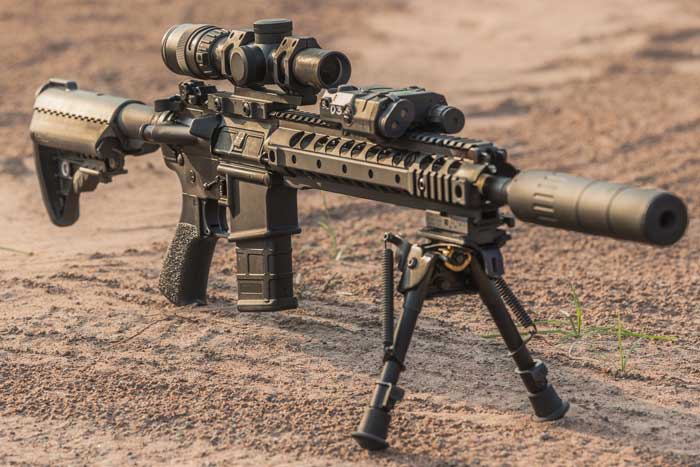





![Optic Ready vs Milled slides? [Video]](https://preparedgunowners.com/wp-content/uploads/2024/02/image-3-100x70.png)
![[Checklist] What Gear You Need To Take Pistol, Rifle & Shotgun Training Courses [Video]](https://preparedgunowners.com/wp-content/uploads/2023/07/Depositphotos_275087632_L-100x70.jpg)
![What is in Carter’s 2023 EDC? [Video]](https://preparedgunowners.com/wp-content/uploads/2023/07/Depositphotos_146856137_L-100x70.jpg)
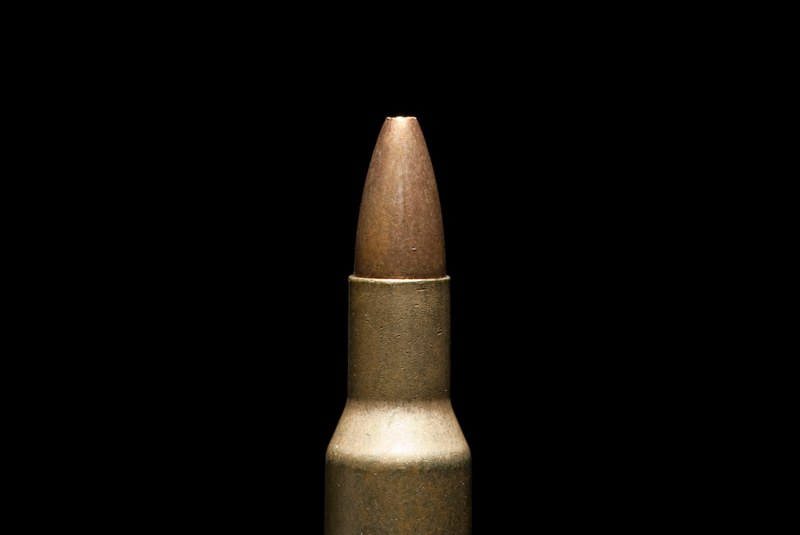
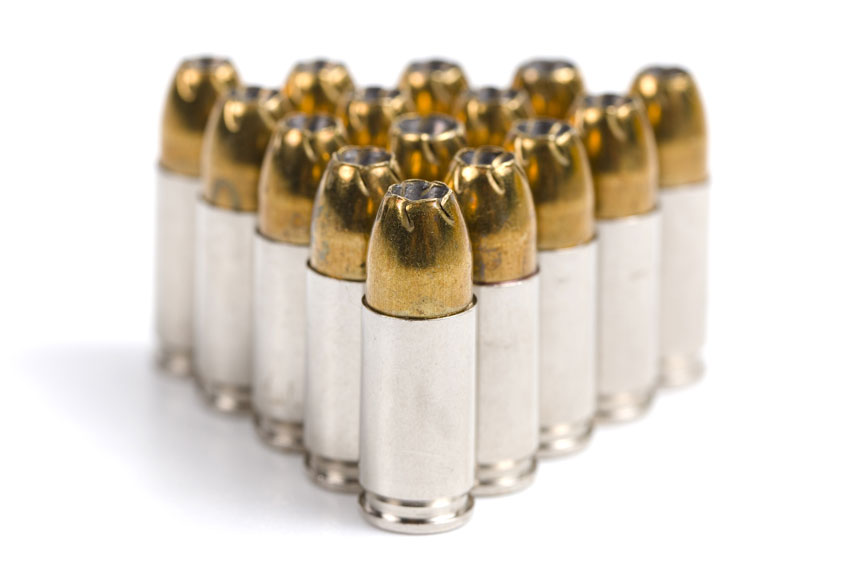
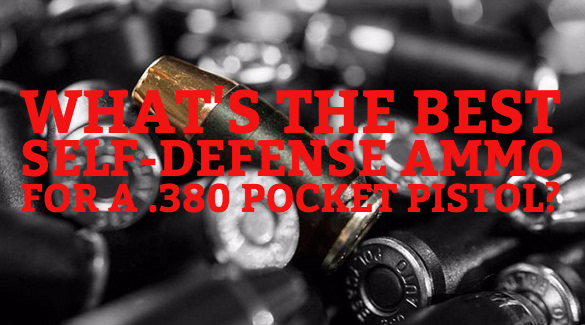
In my opinion, it isn’t so much the gun or caliber as it is being familiar with and knowing how to use what you have . Practice!
I prefer 9mm.
THREE FIFTY-SEVEN surely makes a better impression (pun!) than the assessed puny calibers covered. Such is the case of our Republic’s weak-wristed, panty-waste majority of men who can not handle the recoil required regardless of the sidearm’s design- pistol (Desert Eagle, Coonan, et al) or revolver (S&W, Ruger, Colt, etc.). As for the general public which must include the weaker ones we men are designed & designated to protect and defend, they are best addressed to consider .410 shotguns or lever-action carbines of any calibers for personal domestic, close-quarter engagements or the subject ammo studied in suitable pistol expressions.
It’s all about shot placement and this gentleman needs some practice. Also the bullet design has much to do with a “one shot stop”. If one lives in an apartment for example a fragmenting bullet would be better so the people in adjacent rooms or buildings aren’t hit buy a pass through shot. Lastly the energy needs to be delivered into the target not passing through. The slower heavier .45 does a better job at that.
THUMBS UP!!!
What you need to test is “stopping power”.
2 other considerations:
1) 5.7×28 is a flatter shooting, faster round that can put shots on target farther out with less felt recoil. Especially if providing security in large buildings/rooms/hallways (like Church Security).
2) Underwood ‘Extreme Defense’ monolithic ammo. Designed to keep trajectory through concealment yet still deliver immense permanent wound cavities (more damage than most JHP).
Hi you all.well some like very strong guns for shooting but not all can handle a big gun.so find the best for you as long as it is larger than a .22 tis finn with me.just be sure you know how to use it very well is all i ask.with me i prefer a rifle to shoot with for they do have some real stopping power in them.type of one doesn’t matter as much as once again have to know the gun very well,very well!
The..45 ACP bullet was not meant for penetration, it was meant for you take down. When the bullet goes through the target it looses a lot of energy with it.
.38 was used in the Philippine insurrection with poor results. That is, essentially, a 9mm. The Army did a series of rather gruesome tests to get an idea of effectiveness against human targets and the contracts which led to the Colt .45 ACP were let. After the issue of the .45, there was no repeat of the sort of problems that took place with the .38.
Wound channel is important, and you can get a better channel with something other than the issue round nose ammo. Round nose function more reliably in an unmodified weapon, but more often than not, currently available models are already throated to accept semi-wadcutters (SWC). The larger hole still leads to a more effective round. One can do better in the 9mm with SWC bullets as well. A larger hole (the most important factor in stopping power), combined with a total energy dump in the traget will yield better stopping poqwer.
On the other hand, relying on one round to stop a perp is foolish. You keep shooting until the the threat is neutralized. Only then can their soul find peace.
Comments are closed.